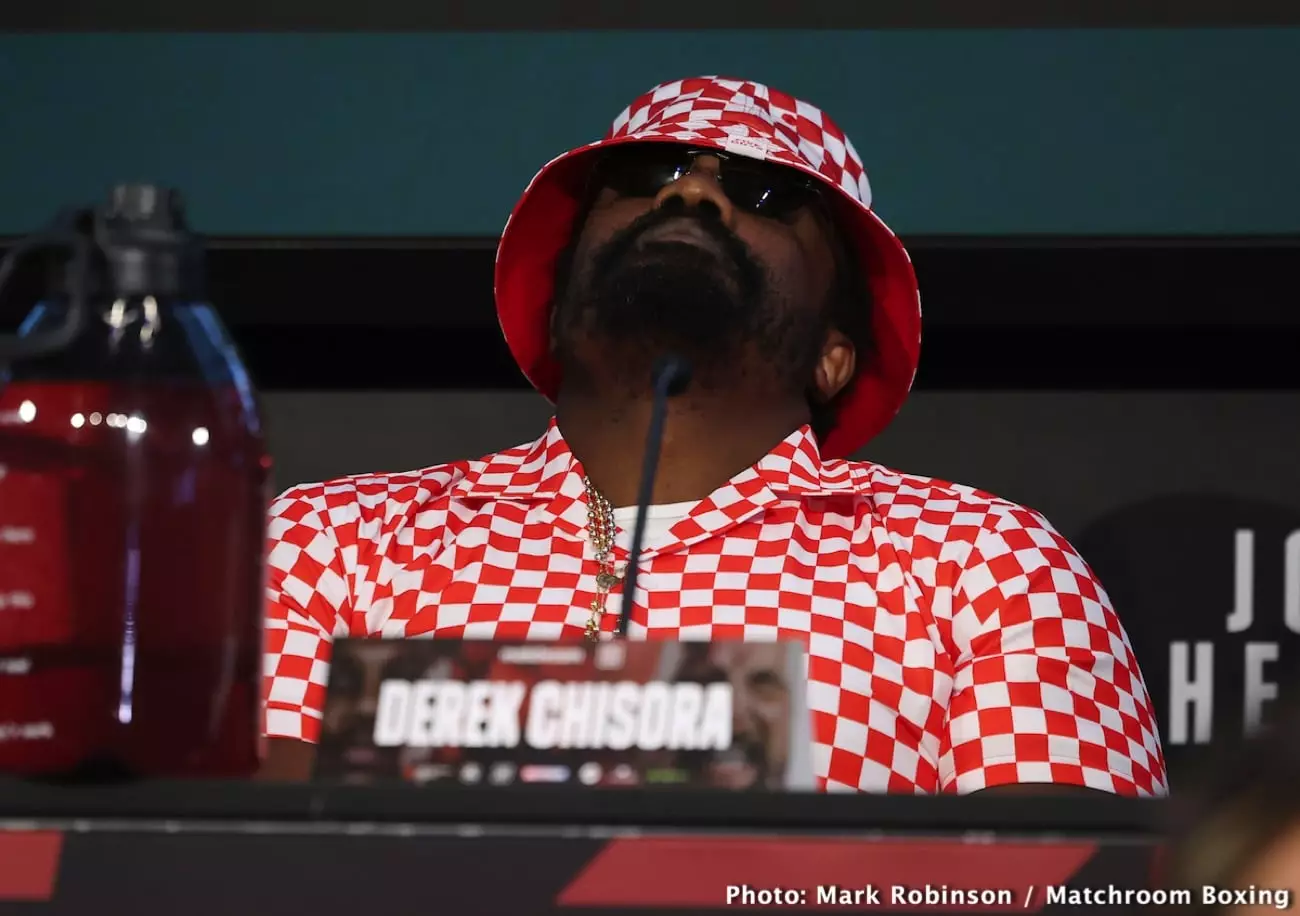Dillian Whyte’s boxing career, once bursting with potential and promise, seems to be reaching a pivotal crossroads. Recent performances have left fans and analysts pondering whether the 36-year-old heavyweight is still capable of competing at an elite level. In a fight against Ebenezer Tetteh, Whyte appeared overwhelmed and somewhat lethargic, raising eyebrows about his physical condition and fighting spirit. As the fight wore on, he was tagged repeatedly by punches that, quite frankly, should not have connected against a seasoned fighter like him. The bout, described as entertaining but messy, starkly illustrated that the years and wear of a demanding career may have pushed Whyte close to his limit.
Tough Decisions Ahead
Despite his evident struggles, Whyte remains adamant about continuing his career. His aspirations of facing prominent names like Anthony Joshua and Tyson Fury in the coming years feel increasingly unrealistic given his current form. The boxing community is already speculating about more suitable opponents for Whyte, but the choices seem to be equally risky. Names such as Martin Bakole and the young contender Johnny Fisher have surfaced, but these matchups pose serious challenges that might further expose Whyte’s declining abilities.
For Whyte, the priority should be to prioritize matchups where he can potentially succeed, rather than chasing the allure of high-profile fights that no longer align with his current capabilities. The idea of a third clash with Derek Chisora is floated around as a more sensible option. While both fighters are past their prime, such a contest would provide the opportunity for a much-needed resurgence for Whyte without the excessive risks that accompany facing younger, sharper talents.
The hard truth for Whyte supporters is that the time for serious reassessment has arrived. Rustiness and inactivity may explain some of his recent performance issues, but fundamental questions linger: can he genuinely improve at this stage of his life and career? The stark reality is that the elite heavyweights would likely dominate him if he were to step in the ring with them. Whyte’s past victories and entertaining bouts no longer hold the same weight; what matters now is his ability to adapt to the physical demands of the sport without compromising his safety and health.
As the boxing narrative continues to evolve, Dillian Whyte must confront not only his immediate opponents but also the harsh realities of a fighter’s lifespan in one of the most unforgiving sports. Acknowledging the limits of his current abilities might foster a more strategic approach to the remainder of his career. Prioritizing practical matchups that can revitalize his profile, potentially alongside former rivals or slightly less seasoned contenders, might not only prolong his career but also provide fans with memorable moments worth celebrating.
The conclusion remains clear: Dillian Whyte’s journey has been marked by significant highs and troubling lows. As he ponders the next steps, both he and his camp must realistically grasp the present landscape of heavyweight boxing and his place within it. The once-promising prospect now stands on the brink, and his next moves will be vital in determining whether he reignites the fire or softly fades into the background of boxing lore.

